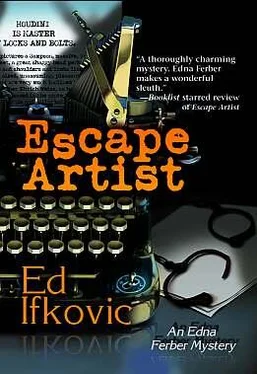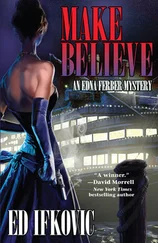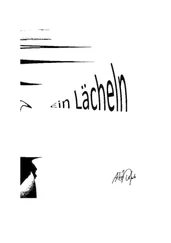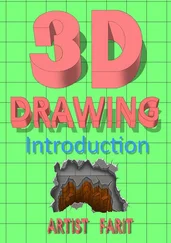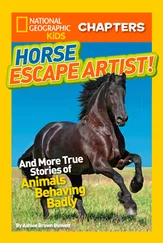I was surprised. “How did you know that?”
“I’m your father. I know everything.” He chuckled. “Houdini is a good man, but I think his arrogance bothered you. And you were annoyed that he sensed Gustave was untrustworthy and didn’t act on it. True?”
I nodded. “True. Somehow the letter suggested that he sensed all along who killed Frana.”
“No, not true. What he sensed was a weakness in a man,” my father said, completely without irony.
“Which led to murder.”
“He didn’t see the whole story. But you’re bothered because you sense a weakness, too, in Houdini.”
That surprised me. “What?”
“He didn’t come through for you. Though he did…in a way. The mystery of the latched doorway. Even walking you home that night. I think Houdini gave you much more than a glimpse into his frailty. He let you understand things about yourself…your dreams of a world out there. You’ll carry him around for some time, Edna. The thing with Gustave, well, he did what he knew how to do.”
“Is that a weakness?”
“Edna, all around you are weak men.”
“What are you saying?”
“I’m saying you get impatient with weak men.”
“No.”
“And that includes me.” He paused. “It’s your mother’s legacy to you.”
The rain started, full blown now, gusts of heavy pelting rain against the earth. The spray covered us.
My mother called from inside. “Get in here, you fools. Would you catch your death out there?”
Neither of us moved.
I hurried to say, “I got a telegram today from Henry Campbell at the Milwaukee Journal . He’s offered me a position as a reporter. In Milwaukee. He liked my work with the Crescent .” A rush of words, choked and heavy.
My father sat up. “Well, that’s good, Pete.”
Was it? Milwaukee was one hundred miles away. I’d have to leave home, build a life on my own, a world removed from my mother, my sister Fannie…and my father. Who sat with me now. Who walked with me through the quiet Appleton streets. Who relied on me when the Pain struck. Who let me be his sight. Who singled me out.
Inside Fannie and my mother were arguing, not over the sideboard now, but a wall sampler that had fallen during the arranging of furniture. Their voices were rising and I expected, within minutes, full-pitched battle.
My father sat dying, sheltered from the rain but not from what assailed him.
He was listening to the squabble; already the pain was coming to his temples. I closed my eyes. How could I leave him to this? How? I knew he would be dead within a few years, and I’d be in Milwaukee. The thought pierced me like an icicle to the heart. My lips trembled.
Leave? Impossible.
My mother rapped on the window and motioned, Get in here. My father and I, clammy with rain now, sat still, not speaking.
I suddenly thought of Jake Smuddie. He’d left town after the arrest of Gustave. He’d told a friend he was going to California, and his father supposedly had implored Chief Stone to fetch him back. When Caleb Stone refused, telling him Jake was a man and responsible for his own life, Herr Professor Smuddie had stormed away and cursed the good sheriff in rapid-fire German. Now I pictured this boy I always liked, out there on the Pacific Coast, the footballer on the white sand. All right. That was all right. That was good.
My father was speaking. “I never saw the world, Edna.”
“What?”
“I planned to. I started to, coming to America. Everyone plans to. America gave me this porch. And I can’t even see that.”
The rapping at the window. My mother, furious now.
“I can’t leave the family.” I choked out the words.
“Of course you can. You already have.”
“But I love…”
Jacob Ferber raised his hands, palms out, and I watched his long, slender fingers getting wet with rain, the sleeves of his jacket soggy. He turned his body to face me. He cleared his throat, and he was smiling.
“Go.”
